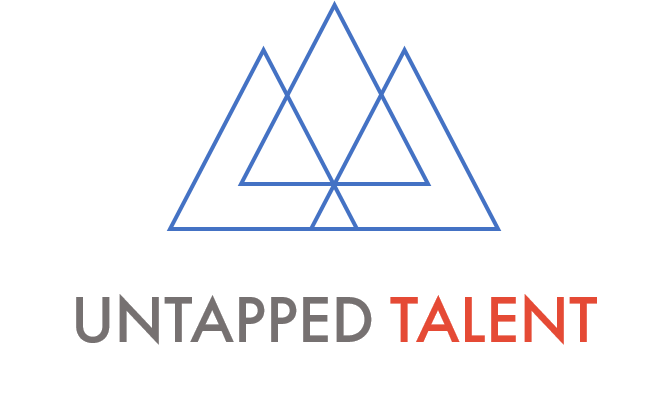Intelligent Career Model - Introduction
There are many “how to” books in the world of careers advice - how to create a barnstorming CV/resume, how to ace an interview, how to develop mind blowing propositions and or how to get the 30 second sales pitch just right. We think this advice, whilst well meaning and very valuable, is missing the mark. The world of work has changed radically and so must our response to it. If you’re trying to make informed, conscious choices about your career then this series of articles will be for you.
If you’re just starting out in your working life, take heed of the mistakes made by previous generations. We have met countless men and women in their late twenties and early thirties who have somehow lost their way or become despondent that the effort and money that went into securing their education didn’t pay the dividends they thought it would.
If you’re at the stage of your career where you’re just wondering how you got here, how you’ll get there or have no idea where there even is, just keep reading. Most of us started our careers much like balls in a pinball machine, fired with great speed and purpose from education only to find ourselves hit a bunch of unidentified obstacles, set off bells, pick up some knocks and land somewhere miles from where we thought we would. This realisation can also be particularly revealing for senior people 25+ years in to their careers, who reach out to us to work out how to stay relevant or reinvent themselves completely.
This series of short articles should appeal to all of you - those starting, those changing and those accelerating in their careers. We will highlight how the world of work has changed and how you must put a system in place, rather than just individual goals, to navigate the world ahead. The Covid-19 pandemic that has shut down much of the world as I write gives us all pause for thought - how interconnected we have become and yet how fragile. How a bat virus in a city in China most Westerners would have struggled to recognise has brought every G10 economy to its knees in a matter of weeks. Big well-known businesses will not recover, many other organisations which do will change forever. And this is unlikely to be the last episode of global disruption in a globally connected world. Threats from pandemics, technological terrorism and environmental change are likely to be a feature of life in the next century.
The Intelligent Career Model we will present is an integrated system to help you self-manage your careers in a VUCA world. VUCA is a concept that originated with students at the U.S. Army War College to describe the volatility, uncertainty, complexity, and ambiguity of the world after the Cold War. And now, the concept is gaining new relevance to characterise the current environment and the leadership required to navigate it successfully. This is a world where change happens quicker, more fundamentally and people can become obsolete on the turn of a coin. The notion of a job for life has gone and with it, the expectations of a parent-child relationship between employer and employee.
No longer can employees expect employers to take the moral burden of directing and safeguarding their livelihoods, making choices for them and implicitly knowing what decisions they should take at key transition points. It is (and should) be replaced with an adult-adult dynamic allowing individuals to contract for specific periods of time as suppliers with employers (demanders) and enter into arrangements which allow delivery of their labour for certain reward. The extent to which that includes self development or personal satisfaction is laid firmly at the door of the individual to decide. That’s why you need a system, and the support of a professional coach, such that you can make better choices for your future.
The following is adapted from Driver and Larson’s career concept model, first formulated in 1980 but still relevant today:
The intelligent career model we will start to unpack in the next article will help you work out which of these concepts best encapsulates your (expected) journey and how to create a system that allows you to succeed, whatever the weather.
An understanding of self is key, and with it support to celebrate and find conviction in your own working identity. Rather more common is the instinct of many coaches to focus goals on perceived competency gaps. All that does is drive people to spend too much time focusing on what they are not good at or don’t like – surely that is folly in a world demanding excellence. We would much rather help you figure out what’s in place when you’re at your best, and how to build a career around that. We hope that will lead to happier working people and a better world for all.

